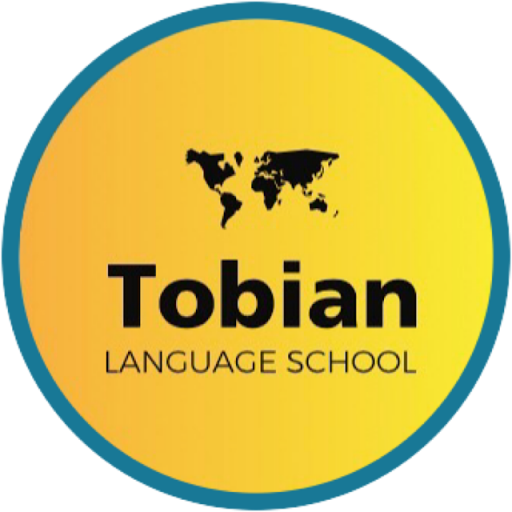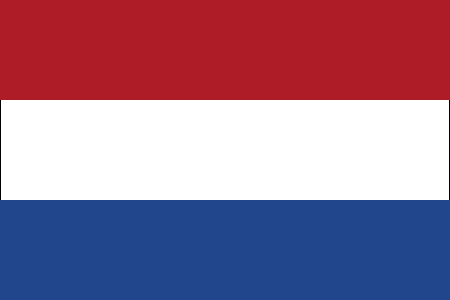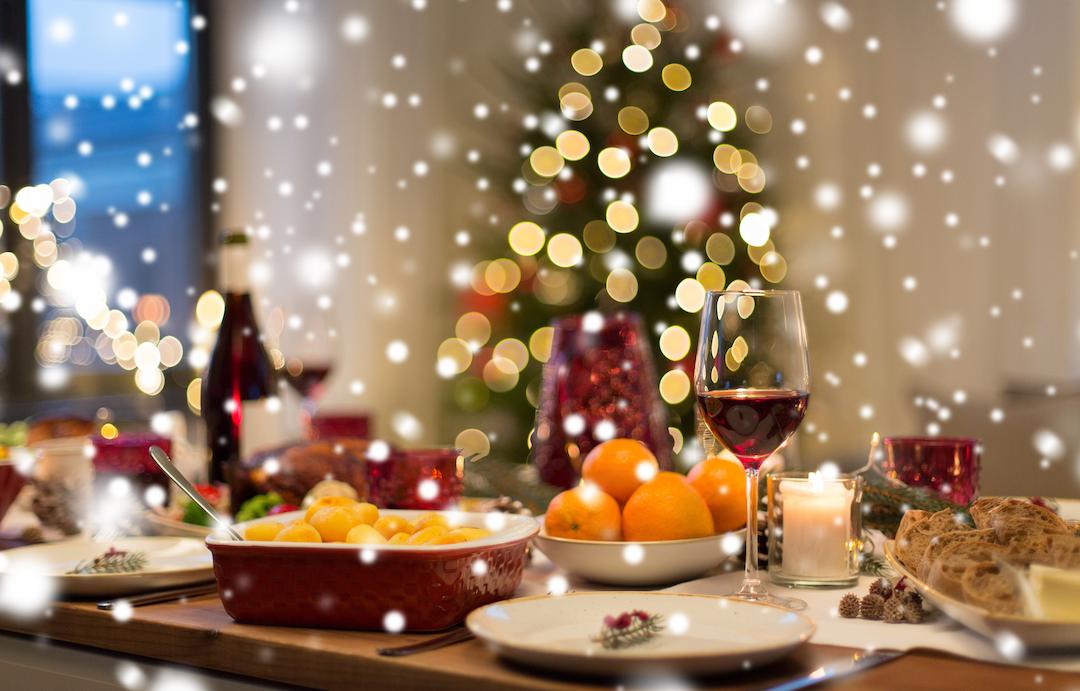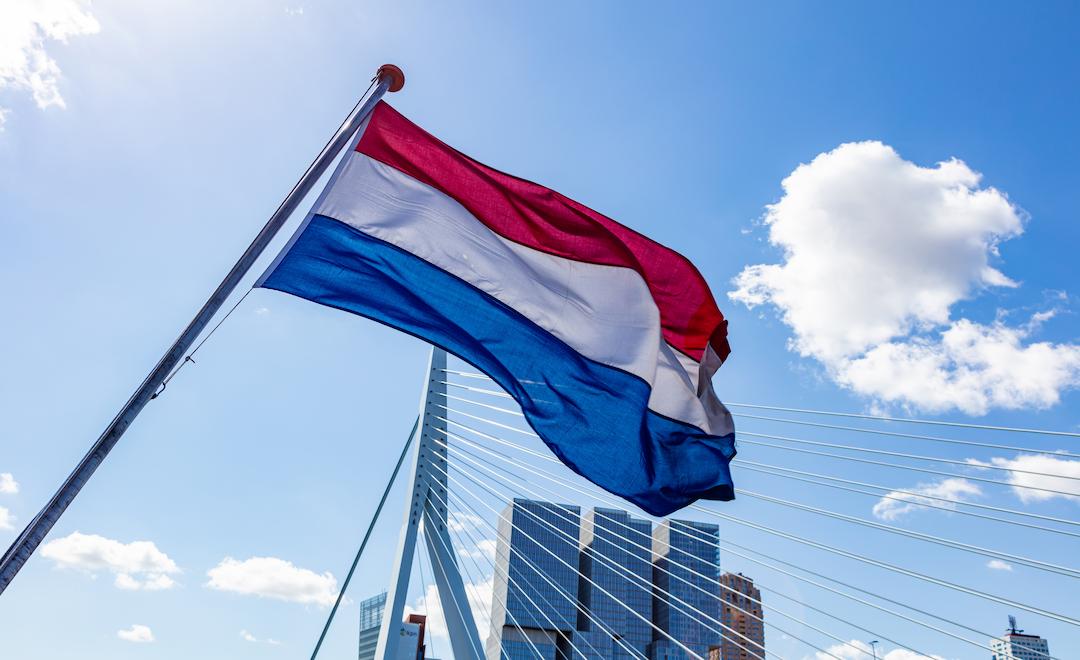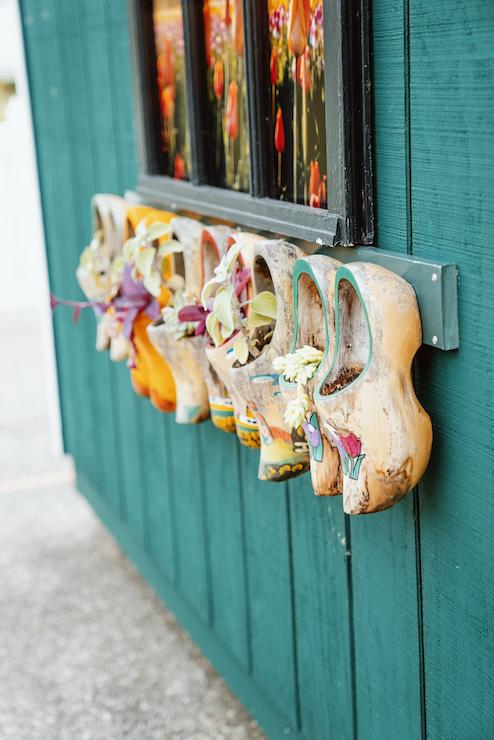
Imperfect vs Perfect Tense in Dutch: The Exact Difference and How to Choose in Real Time
For many English speakers learning Dutch, the past tense is a major hurdle. Why are there two? When you just want to say “I worked,” Dutch forces you to choose between ik werkte and ik heb gewerkt.
English often uses one simple past tense (“I worked,” “I saw,” “I went”) for everything. Dutch, however, forces you to make a distinction every time. You must choose between the imperfect tense and the perfect tense.
This isn’t just a minor grammar point; it changes the entire feel of what you’re saying.
The good news is that the Dutch imperfect vs perfect tense debate isn’t as complex as it looks. There is a core logic to it. This article will give you a simple decision-making model to help you choose the right tense in real time, automatically.
